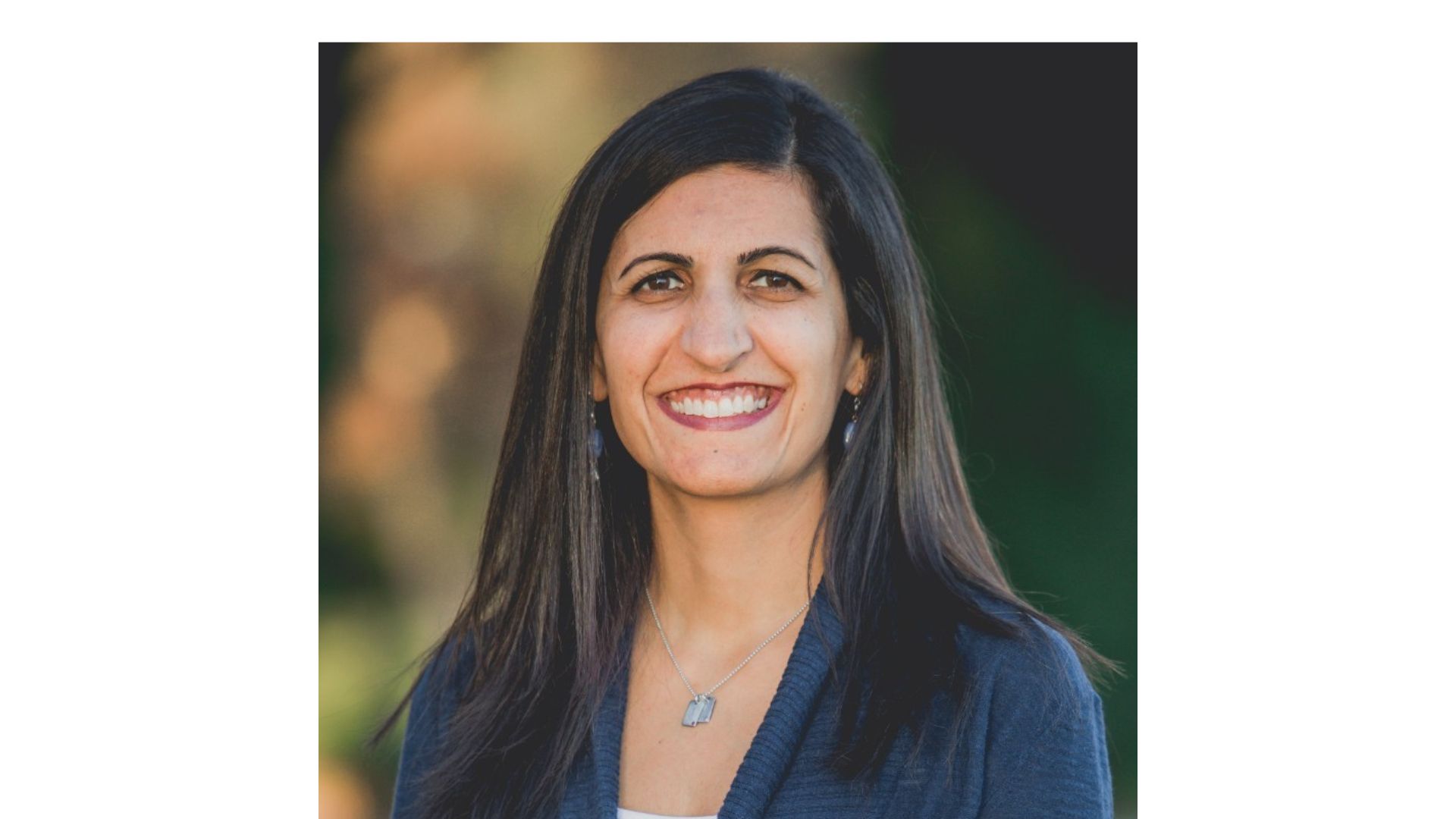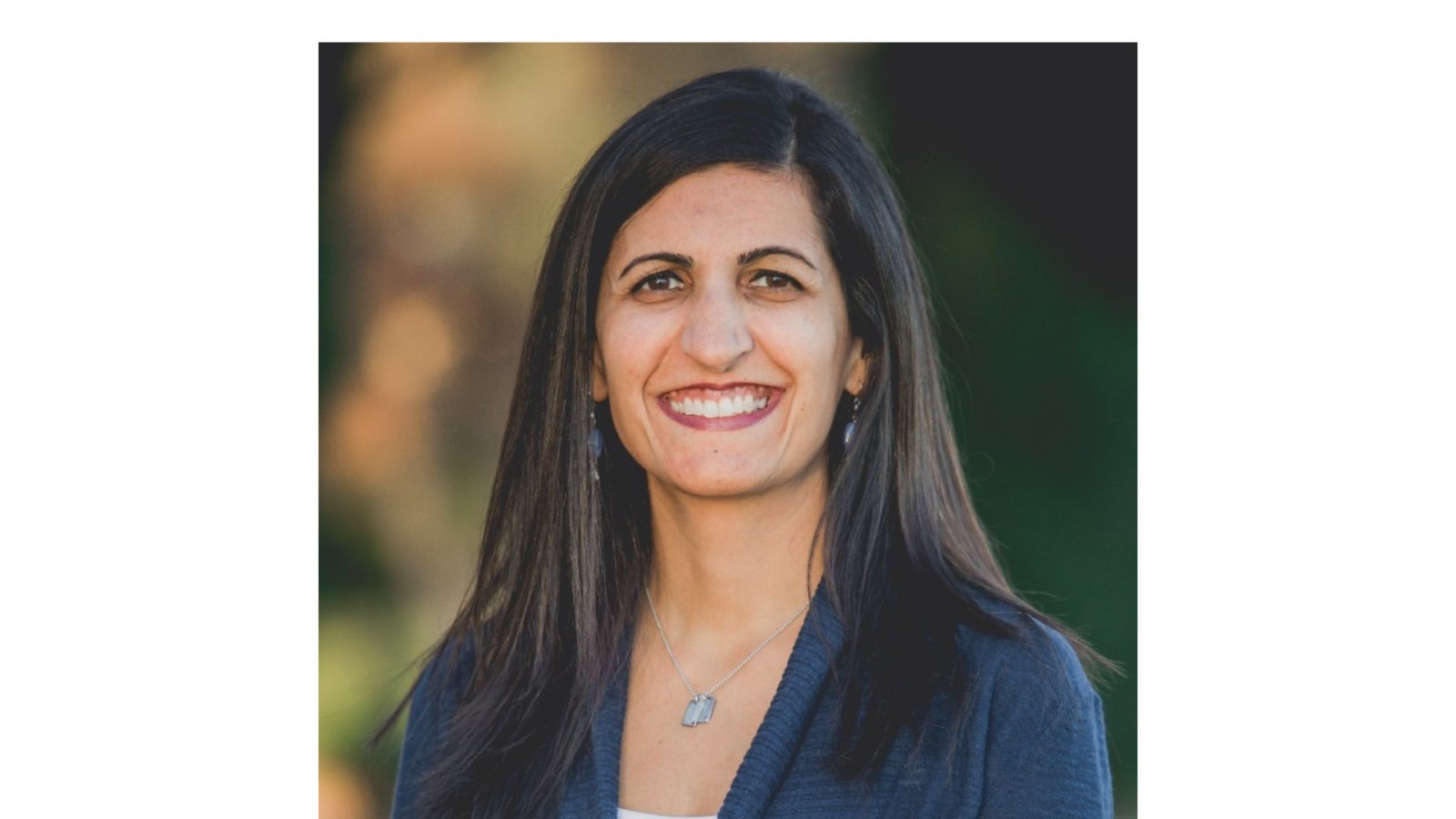Everyone’s mental health journey is different, so it’s important to recognize that the practices that work for you may not be the best for others. I’ve learned that it’s important to give yourself the grace and space to practice, and be willing to learn and grow on your own timeframe. For so many, simply seeking support to improve their mental well-being can feel daunting. I have found two Microsteps to be really effective when it comes to managing my emotional response to stressful situations. The first one is reframing my negative thoughts out loud, often in front of a mirror. I pause to acknowledge the negative thought, and then I add an “I am” statement with a simple action that I can immediately engage in to address the negative thought in my mind. For example, I’ll acknowledge something like, “things are stressful right now,” and then add: “but I am capable of overcoming this stress, as I have in the past.”
My second strategy is focusing on my sleep patterns. I’ve noticed that when I sleep less than seven hours or have a restless night, I get easily overwhelmed during the day. Now, I prioritize sleep, even if it means my to-do list isn’t complete for the day. I know a good night’s rest ensures I’m more productive and better able to complete those tasks the following day.
During the pandemic, the circumstances of the time forced shifts in my personal and professional responsibilities – as a wife, mother, daughter, sister, friend and coworker – creating new stressors that impacted my well-being. I knew I had to take action to manage my mental health. I was comforted to know I had access to mental health support through my employer, Accenture, including various resources like Thriving Mind. I found it valuable that Thriving Mind emphasized human connection as a fundamental need, as important as sleep, diet and exercise. This encouraged me to take on Microsteps to ensure my family and I maintained a human connection with one another and our personal network despite a socially distanced world. Phone calls became video calls to increase the sense of interaction. We found creative ways to host physically distanced and safe social gatherings. We also performed small acts of kindness. Small steps like these significantly boosted our moods during tough times.
My friends and family hear me talk about insights from Thriving Mind all the time. And I know I am not the only one at Accenture who has benefitted from the program, because more than 170,000 Accenture people have completed the training. Thanks to Thriving Mind, I have realized that it’s normal to have negative thoughts. What’s most important is how to use those negative thoughts as a stepping stone to building resilience. Learning to acknowledge and reframe negative thoughts in my mind has been a game-changer for me and how I approach mental wellness. I have also learned that it is never too late to build new habits as adults. Microsteps are a great way to steer your life in a more positive direction through easy, actionable steps. I encourage everyone to commit to one Microstep, practice it, make it a habit, then add another. It is a gradual, but deeply rewarding, process.
I am proud to be a Mental Health Ally and an active leader of the Mental Wellness Employee Resource Group at Accenture, where we are creating a culture to break down the stigma associated with discussing mental health challenges at work. As a Mental Health Ally, I am part of a global network of more than 8,900 Accenture people who are trained volunteers and trusted colleagues for people seeking support. Our community of Mental Health Allies is truly unique, and I find it incredibly rewarding when a colleague can benefit from Accenture’s mental well-being resources per advice from an ally. In my day-to-day, I make sure to note mental health as a meeting agenda item on team calls to check in with my colleagues and ensure they are aware of the mental health resources available to them at Accenture.
There are two leaders at Accenture who have been at the forefront of fostering an environment where Accenture people can bring their whole selves to work and be our best, both personally and professionally: Scott Cirillo, the U.S. lead of Accenture’s Mental Wellness Employee Resource Group, and Jimmy Etheredge, Accenture’s North America CEO. Great leaders are not afraid to be vulnerable, and Jimmy and Scott are two examples I strive to follow. Their actions to address mental health issues head-on have given me the courage to speak openly about my mental health challenges. I remember Jimmy describing mental health as “not just a pandemic issue, but an everyday issue.” That really resonated with me, and I hope others see “it’s ok to not be ok,” as Jimmy often says. I encourage everyone to seek the mental wellness support they need, when they need it, without hesitation.
I am a big believer that everyone should have more than one thing that makes them happy. Watching my daughters play sports serves as both a mental break and a source of inspiration for me. It is rewarding to see their hard work pay off on the field and I am consistently awed when I see how they handle adversity and learn from failure. These moments bring us closer as a family. I also thrive from the teamwork and the bonding experience during the weekend tournaments. Another joy trigger for me: all things Disney! My happy place is Disneyland Resort. I also love to travel. I have a magnet on my refrigerator that says, “Once a year, go someplace you have never been before.” Dreaming about visiting a new place, whether it is 10 miles or 10,000 miles away, instills in me a sense of adventure and gives me something to look forward to.
If I could go back in time and give my younger self one piece of advice, I’d tell her that it is important to build a support system around you. Look for and align yourself with people you can trust and lean on during tough times. It is not a sign of weakness to reach out to people for help. Rather, consider it a sign of strength and courage to admit that you’re struggling and need support. You do not have to look far to build this network. They can be people you work with, or your friends or your family. For example, my parents have been a tremendous source of inspiration and positivity in my life. My dad texts me and my sister positive quotes and meditations. We have coined this “DDDOI” – “Dad’s Daily Dose of Inspiration!”


